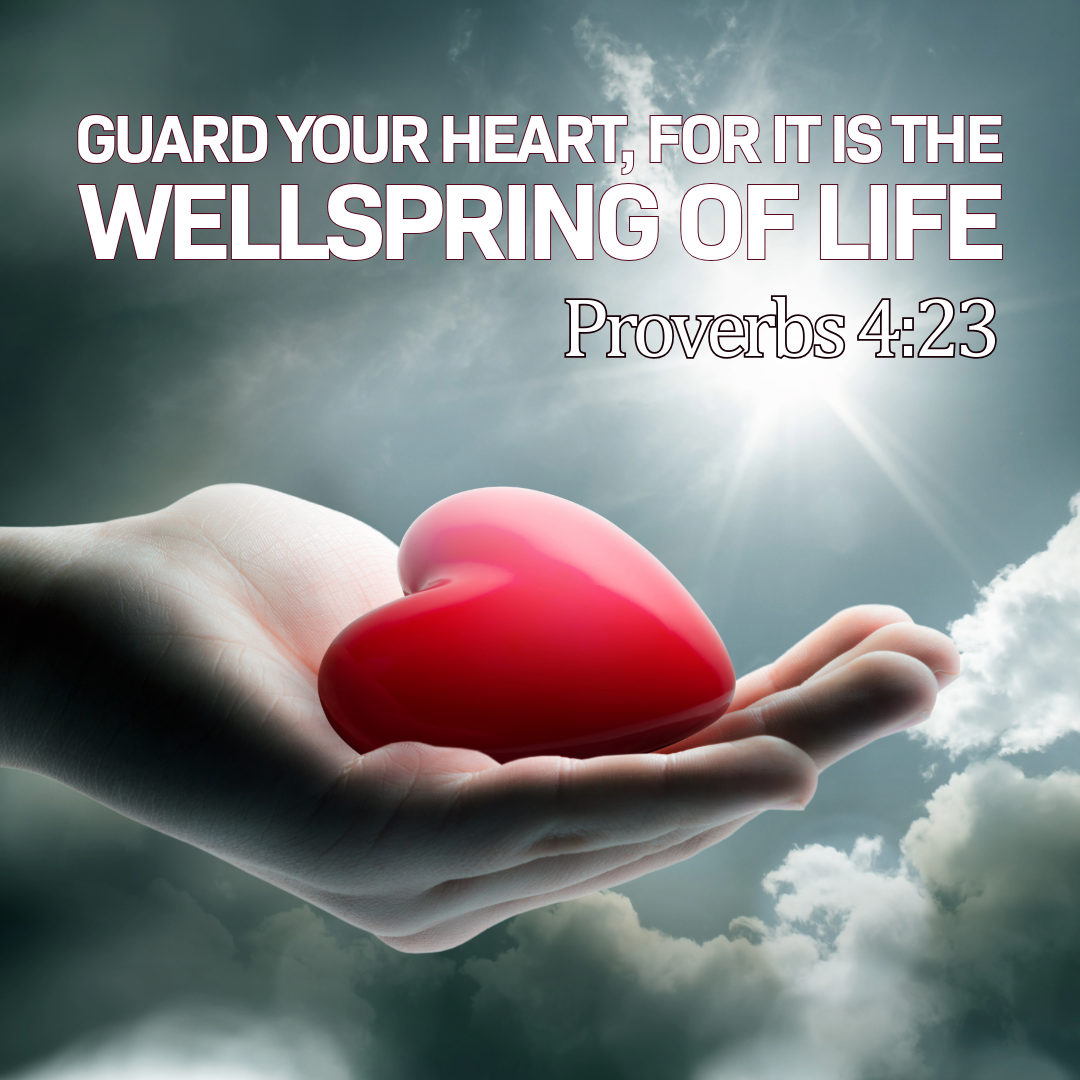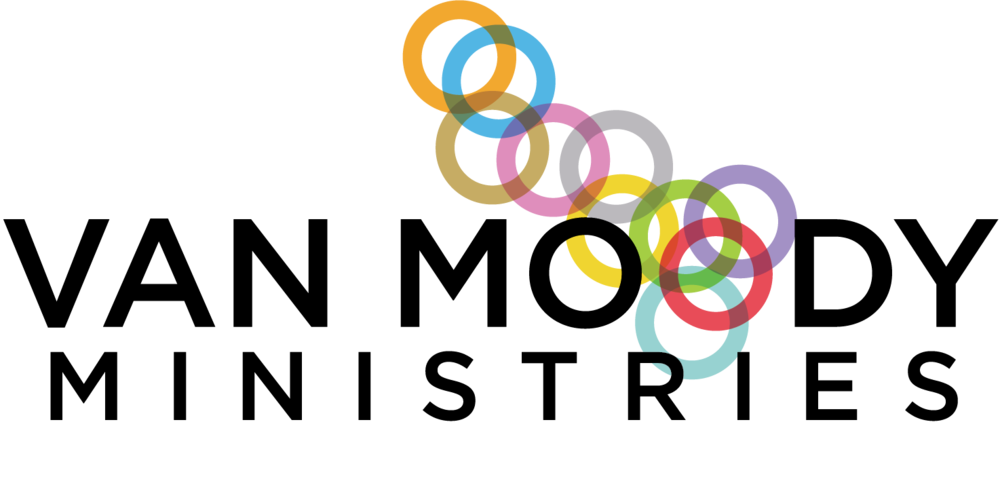Identify Toxic Relationships

Last week, we learned about codependent/toxic relationships and began our examination of our own relationships. We also discovered codependent/toxic relationships are often based on a shared past or a shared pain. This week, let’s continue to follow Abram’s call to Canaan, God’s promises to him, and his challenges in his codependent relationship with his nephew Lot. Take a few minutes to read Genesis 13:1–13, where we find Abram, Sarai, Lot, and their entourage have arrived in Canaan and are camped at a place between Bethel and Ai.
Abraham had become wealthy in flocks and herds. Lot, because he was traveling with Abraham, had also amassed great wealth. In Genesis 13:8, we read, “So Abraham said to Lot, ‘Let’s not have any quarreling between you and me, or between your herdsmen and mine, for we are brothers.’” The most significant point here is not that they parted ways as a result, but that Lot was ungrateful. This takes us to the second identifier in codependent/toxic relationships—a lack of gratitude. Had Lot appreciated all he had gained from his relationship with Abraham, he would have behaved respectfully; instead, he allowed his herdsmen to do the talking. Worse than an attack by your enemies is the silence of your friends. Ungratefulness is like selfishness, and it is not acceptable in any relationship. Those blessed by your generosity who have the audacity to complain are “takers.” Relationships with takers are always toxic, so when you see ungratefulness—beware!
Next, we see Abraham and Lot head in different directions. Abraham heads to live in Canaan, while Lot chooses Sodom and Gomorrah. The symbolic significance is crucial. Canaan was God’s promised land—a place overflowing with His blessing and abundance. Sodom was a city so full of evil, perversion, and degradation that God eventually destroyed it. It is Promise versus Perversion—two vastly different directions.
As we continue to identify codependent/toxic relationships and how to overcome them, it is crucial to identify ungratefulness but also what a person gravitates toward. Every one of us operates on the level of the heart—whether we realize it or not. We all relate to others based on who they are in their hearts. God’s Word says in Proverbs 23:7, "For as he thinks in his heart, so is he.” God emphasizes this truth in Proverbs 4:23, “Guard your heart, for it is the wellspring of life.” This week, may we recognize the true essence of a person’s heart; it communicates through their actions—not their words.
Get in touch
-
100 Derby ParkwayBirmingham, AL 35210
-
info@vanmoody.org
-
205-451-1750
-
admin@vanmoody.org
